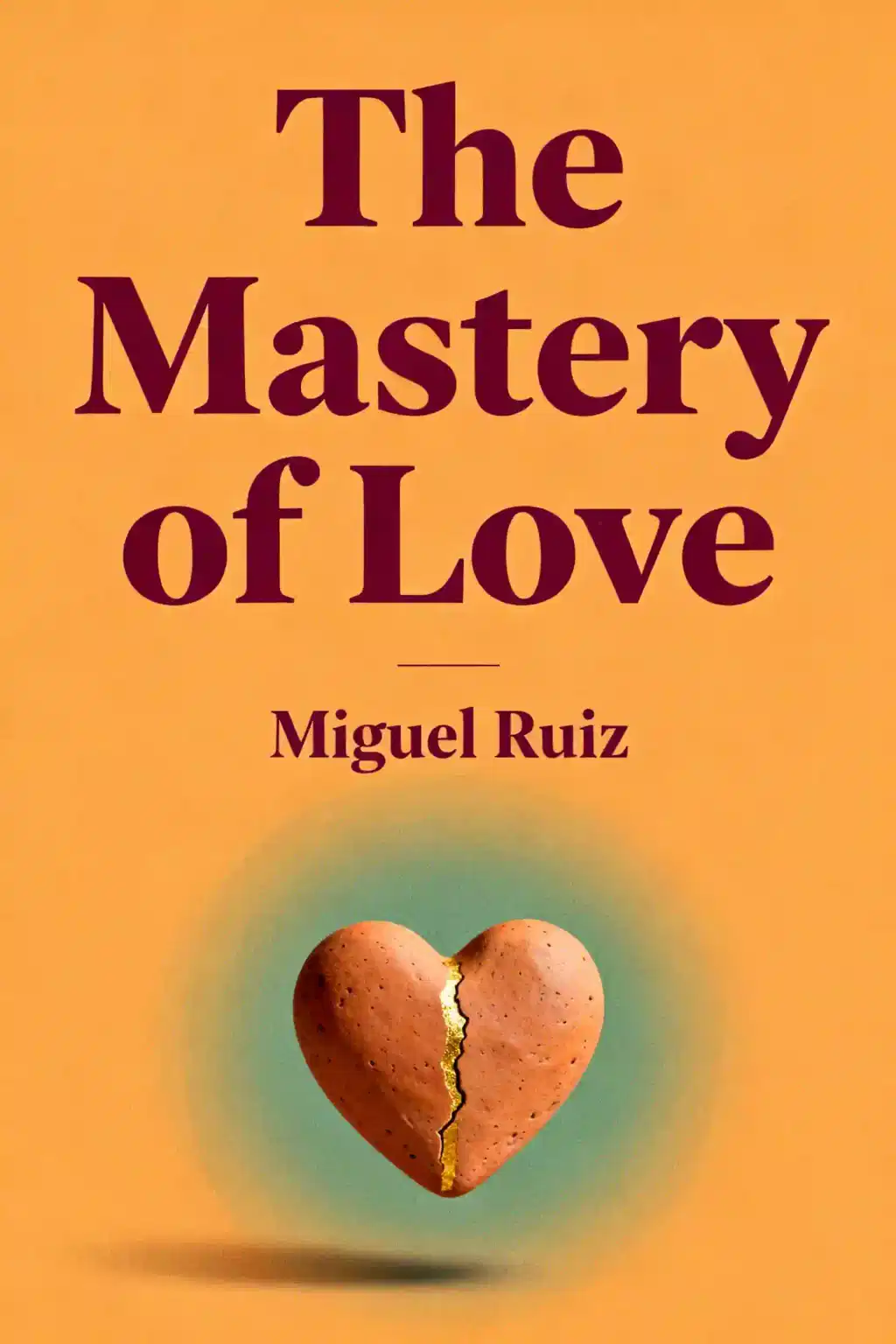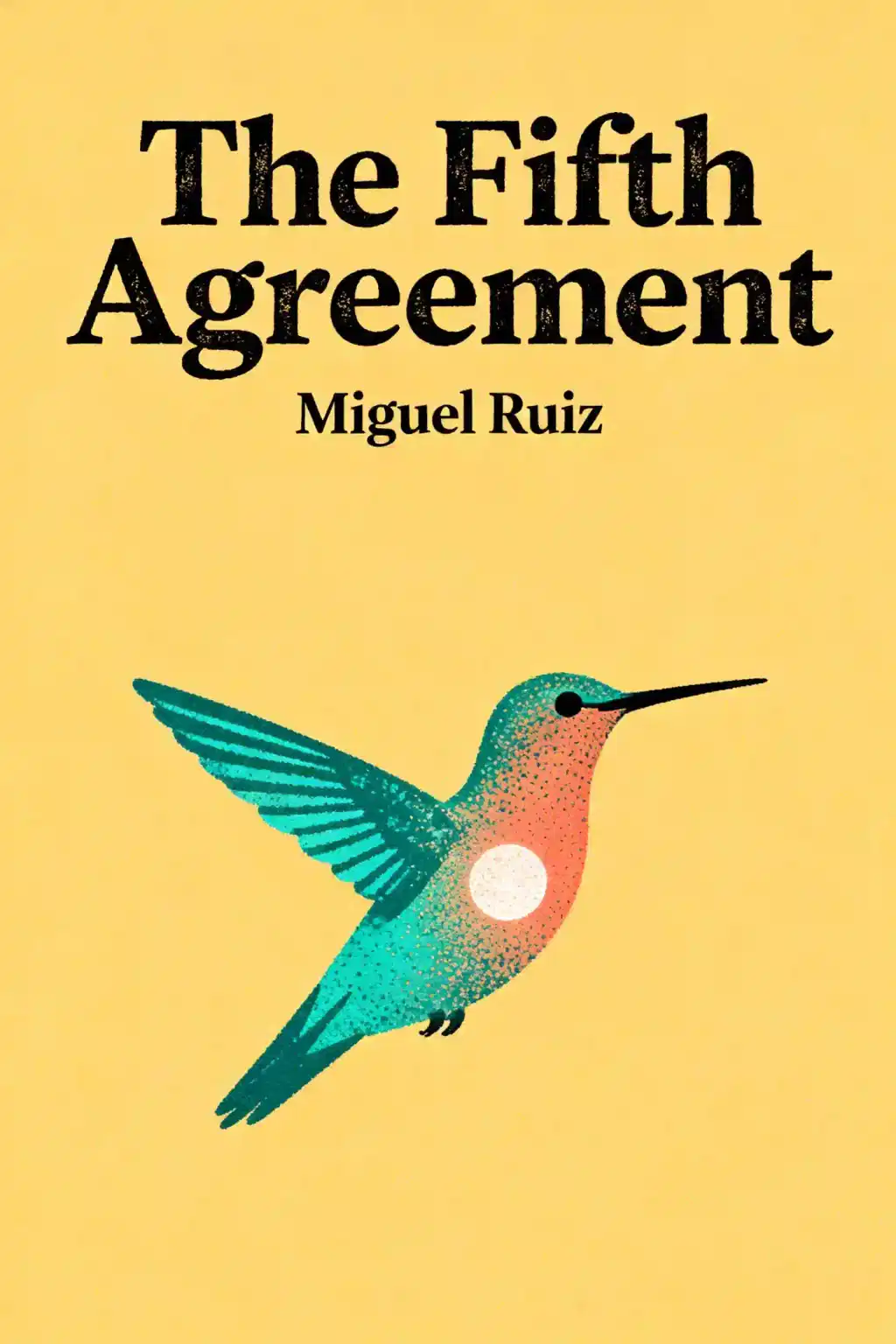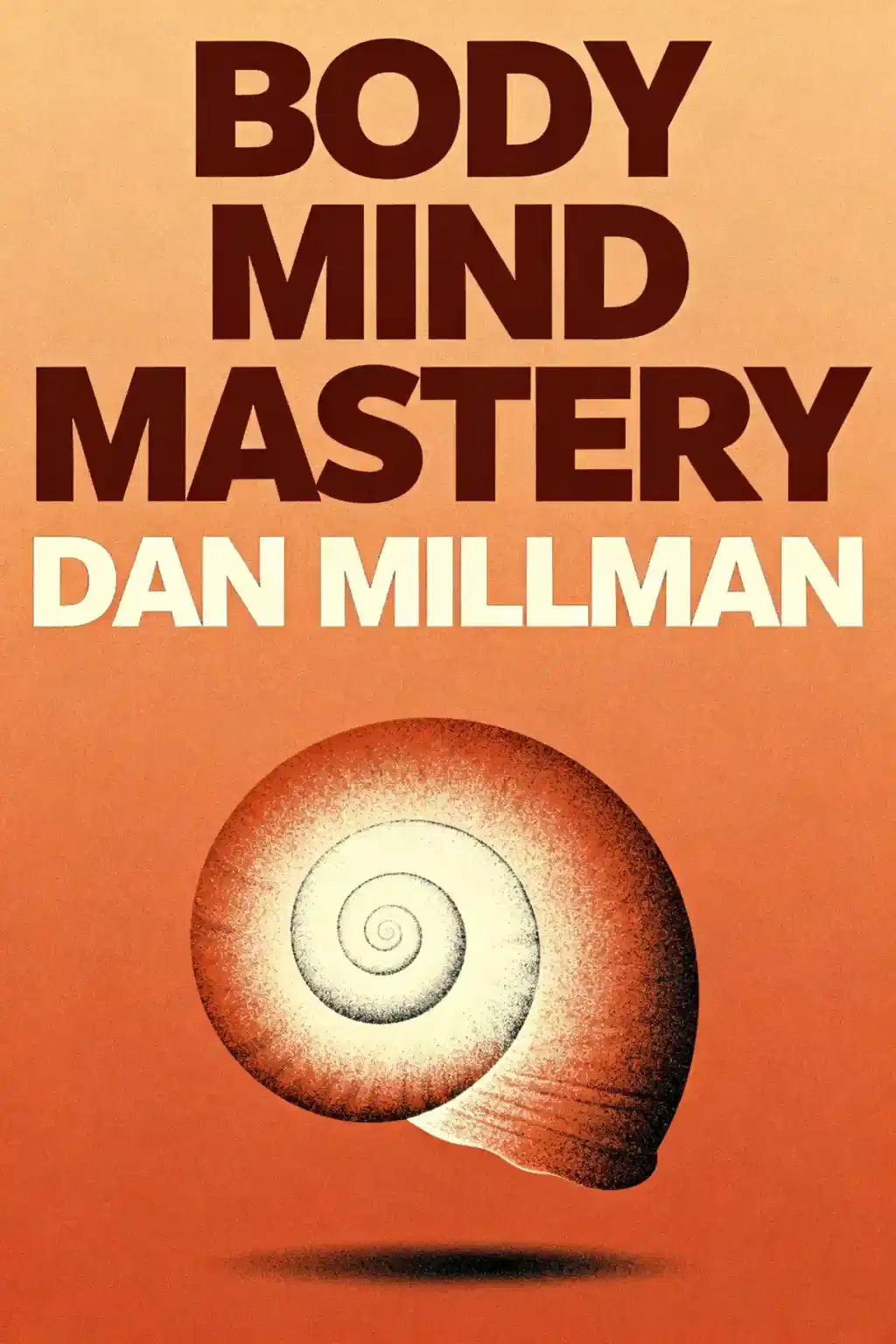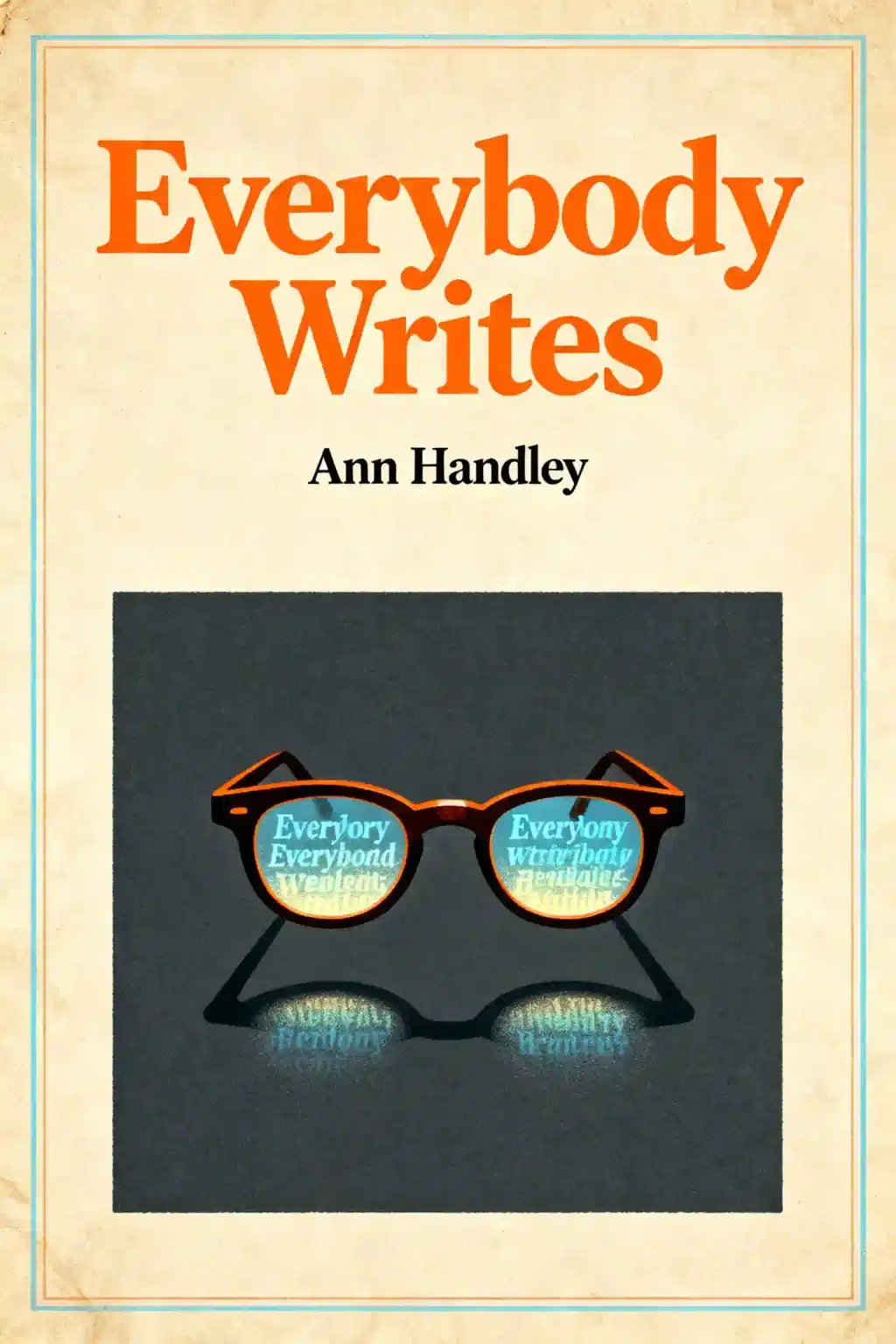What is The Mastery of Love by Don Miguel Ruiz about?
The Mastery of Love is a practical guide that explores love through ancient Toltec wisdom, focusing on how fear-based beliefs undermine relationships and create suffering. Don Miguel Ruiz teaches readers to heal emotional wounds, develop self-love, and build relationships based on freedom rather than fear or control. The book emphasizes that happiness comes from within and that mastering love begins with accepting and loving yourself unconditionally.
Who is Don Miguel Ruiz and what is his background?
Don Miguel Ruiz is a Mexican author and spiritual teacher born on August 27, 1952, who comes from a lineage of Toltec naguals and healers. He is best known for distilling ancient Toltec wisdom into practical teachings for modern relationships and personal freedom. Ruiz is also the bestselling author of The Four Agreements, The Fifth Agreement, and The Voice of Knowledge, all exploring Toltec spiritualist philosophy.
Who should read The Mastery of Love?
The Mastery of Love is ideal for anyone struggling with relationships, seeking self-love, or feeling controlled by fear in their connections with others. It's particularly valuable for individuals healing from emotional wounds, those who give more than they receive in relationships, or anyone wanting to break free from limiting beliefs about love. The book offers universal wisdom suitable for a broad audience interested in personal growth and relationship transformation.
Is The Mastery of Love worth reading?
The Mastery of Love is worth reading for its transformative insights on self-love and relationship dynamics rooted in ancient Toltec wisdom. Don Miguel Ruiz presents profound concepts like the magical kitchen metaphor and love versus fear tracks in an accessible, story-driven format that makes complex spiritual teachings practical. The book challenges conventional relationship patterns and offers a roadmap for creating connections based on freedom, respect, and unconditional love rather than control and neediness.
What is the magical kitchen metaphor in The Mastery of Love?
The magical kitchen metaphor represents the abundance of love that already exists within each person. Don Miguel Ruiz explains that when you have a kitchen full of food (love), you won't desperately accept someone offering you a small meal in exchange for your freedom. This metaphor teaches that recognizing your own source of love prevents you from entering relationships out of fear or scarcity, allowing connections to form from generosity rather than need.
What are the love vs fear tracks in The Mastery of Love?
The Mastery of Love describes two relationship paths: the track of love and the track of fear. Love has no obligations or expectations, is based on respect, takes full responsibility, and is always kind and compassionate. Fear operates through obligations, expectations, control, avoidance of responsibility, and unkindness. Don Miguel Ruiz teaches that love respects others' strength and choices, while fear seeks to control and manipulate through emotional pressure.
What does Don Miguel Ruiz teach about self-love in The Mastery of Love?
Don Miguel Ruiz emphasizes that self-love is the foundation for all healthy relationships and that you cannot truly love others without first loving yourself. He teaches that happiness comes only from within and that no one else can make you happy—you are responsible for your own happiness through self-love. The key to mastering love is practicing unconditional acceptance of yourself, healing emotional wounds, and recognizing your inherent worthiness without needing external validation.
What is domestication according to The Mastery of Love?
Domestication in The Mastery of Love refers to the societal conditioning process that teaches people to pursue an impossible "image of perfection," leading to self-rejection. Don Miguel Ruiz explains that from childhood, we're trained to meet external expectations and judge ourselves harshly when we fail. This domestication creates emotional wounds and fear-based beliefs that undermine our capacity for authentic love and freedom.
What does The Mastery of Love say about the war of control in relationships?
The Mastery of Love identifies the "war of control" as a destructive pattern that slowly destroys most relationships. Don Miguel Ruiz explains that when people don't respect themselves or their partners, they attempt to control each other through manipulation, obligations, and expectations. This control dynamic stems from fear rather than love and creates suffering for both partners. True love respects freedom and recognizes that each person is strong enough to make their own choices.
How does The Mastery of Love address sexuality and shame?
The Mastery of Love confronts societal constructs around sexuality, arguing that sex has been wrongly portrayed as sinful when humans are naturally sexual beings. Don Miguel Ruiz teaches that accepting our sexuality is essential for emotional freedom and healthy relationships. He explains that your body generates natural stimuli aligned with your needs, and societal shame around sexuality creates unnecessary emotional wounds. Releasing these limiting beliefs allows individuals to rediscover their innate capacity for love and joy.
What are the main principles in The Mastery of Love by Don Miguel Ruiz?
The Mastery of Love teaches several core principles rooted in Toltec wisdom.
- First, love yourself unconditionally and recognize that happiness comes from within, not from others.
- Second, heal emotional wounds from domestication and self-rejection to restore your freedom.
- Third, practice love without expectations, obligations, or attempts to control.
- Fourth, build relationships from abundance rather than scarcity by tapping into your internal source of love.
- Finally, transform your "personal hell" into "personal heaven" through introspection, acceptance, and self-forgiveness.
Why does Don Miguel Ruiz say happiness can only come from inside you?
Don Miguel Ruiz teaches that happiness is the result of your own love, not something others can provide. When you believe someone else can make you happy, you enter relationships from a place of neediness and fear, accepting whatever scraps of love are offered regardless of the cost. True happiness comes from recognizing you already possess abundant love within yourself, like having a magical kitchen full of food. This self-awareness transforms you from seeking love externally to sharing love generously from your own fullness.














